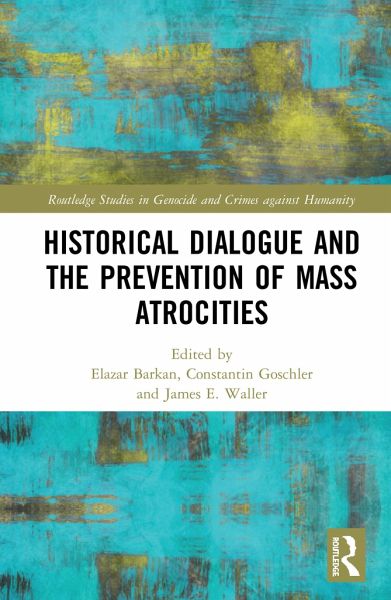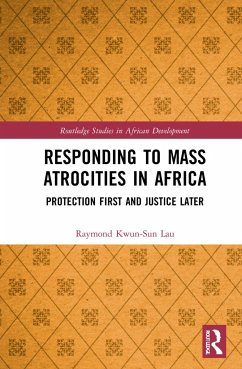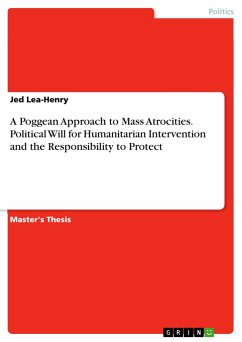
Historical Dialogue and the Prevention of Mass Atrocities
Versandkostenfrei!
Versandfertig in 1-2 Wochen
140,99 €
inkl. MwSt.
Weitere Ausgaben:

PAYBACK Punkte
70 °P sammeln!
This book brings together a diverse range of international voices from academia, policymaking and civil society to connect historical dialogue with atrocity prevention discourse and provide insight into how conflict histories and historical memory act as dynamic forces, actively facilitating or deterring current and future conflict.














